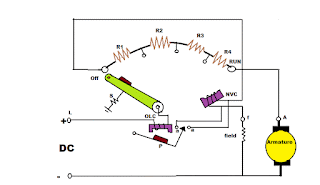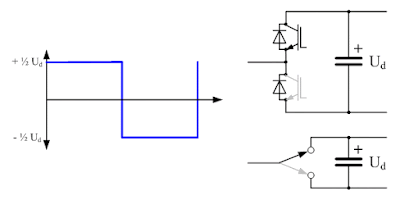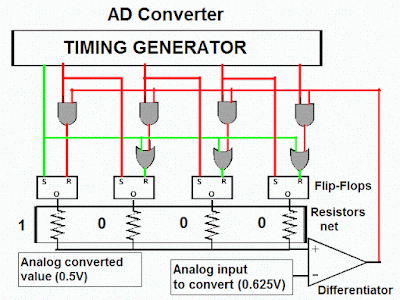About the Subject :
Topics to be covered in this Seminar :
Time to be planned :
1 or 2 days
Kind of program :
3D based Seminar and Guest Lecture for the Students
Reason for the program :
Kalam Scientist Team aiming to build young generation Scientist
Sample Clips for reference :
Cheers,
Kalam Scientist Team
7667668009
7667662428
Electricity generation is the process of generating electric power from other sources of primary energy.Energy consumption is the consumption of energy or power.Energy conservation refers to reducing energy consumption through using less of an energy service. Energy conservation differs from efficient energy use, which refers to using less energy for a constant service.
Topics to be covered in this Seminar :
Electric Drives –choice of an electric motor –traction motors – electric braking– train movement and energy consumption – traction motor control – track equipment and collection gear–illumination systems–indoor lighting schemes - factory lighting halls – outdoor lighting schemes –energy saving lamps–LED–electric heating–resistance heating –arc furnaces –dielectric heating–electric welding – arc welding – power supply for arc welding –radiation welding–solar constant – solar radiation–flat-plate collectors – transmissivity of cover system – energy balance equation and collector efficiency– concentrating collector –performance analysis of a cylindrical – parabolic concentrating collector – Feedin Invertors–wind energy – site selection considerations – basic components of a WECS – analysis of aerodynamic forces acting on the blade–performances of wind.
Time to be planned :
1 or 2 days
Kind of program :
3D based Seminar and Guest Lecture for the Students
Reason for the program :
Kalam Scientist Team aiming to build young generation Scientist
Sample Clips for reference :
Electric motor
LED
Welding
Basic components of a WECS
Cheers,
Kalam Scientist Team
7667668009
7667662428































